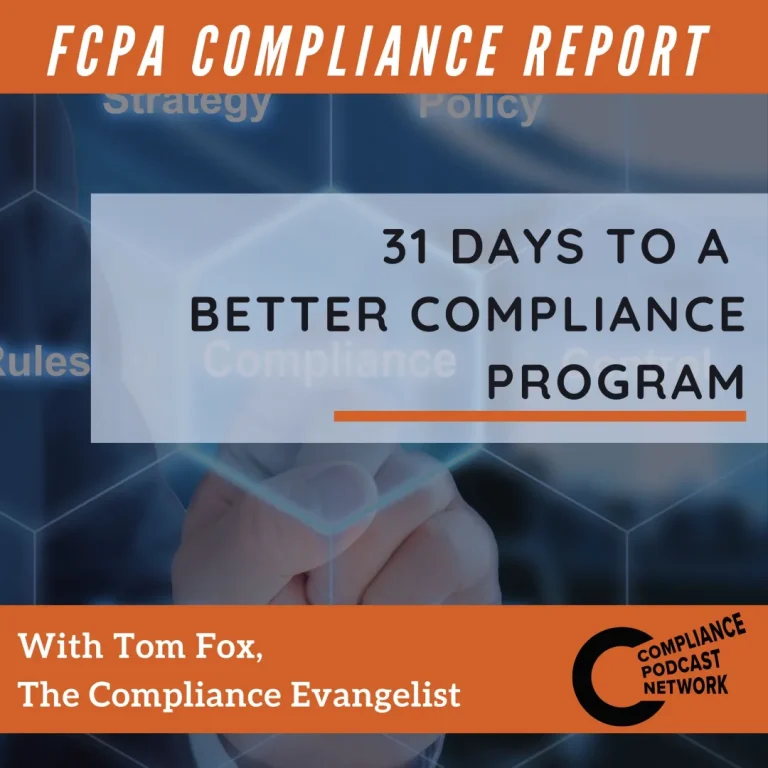Due diligence is generally recognized in three levels: Level I, Level II, and Level III. Each level is appropriate for a different level of corruption risk. The key is to develop a mechanism to determine the appropriate level of due diligence and then implement that going forward.
The 2023 ECCP stated, “A well-designed compliance program should apply risk-based due diligence to its third-party relationships. Although the need for, and degree of, appropriate due diligence may vary based on the size and nature of the company, transaction, and third party, prosecutors should assess the extent to which the company has an understanding of the qualifications and associations of third-party partners, including the agents, consultants, and distributors that are commonly used to conceal misconduct, such as the payment of bribes to foreign officials in international business transactions.”
The question becomes how you use the information you obtained in the business justification and the questionnaire to determine an appropriate level of due diligence for the next step in the five-step process of third-party management. A three-step approach with varying levels of due diligence is the appropriate analysis to take going forward.
There are many different approaches to the specifics of due diligence. By laying out some of the approaches, you can craft the relevant portions of your program. The Level I, II, and III trichotomies appear to have the greatest favor and are ones that you should be able to implement in a straightforward manner. But the key is that you must assess your company’s risk and then manage that risk. If you need to perform additional due diligence to answer questions or clear red flags, you should do so. And do not forget to “Document, Document, and Document” all your due diligence.
Three key takeaways:
1. Level I due diligence should only be used when there is a low risk of corruption.
2. Level II due diligence is sufficient in a high-risk jurisdiction if there are no red flags to be cleared.
3. Level III due diligence is a deep-dive, boots-on-the-ground investigation.
For more information on Ethico and a free White Paper on top compliance issues in 2024, click here.



